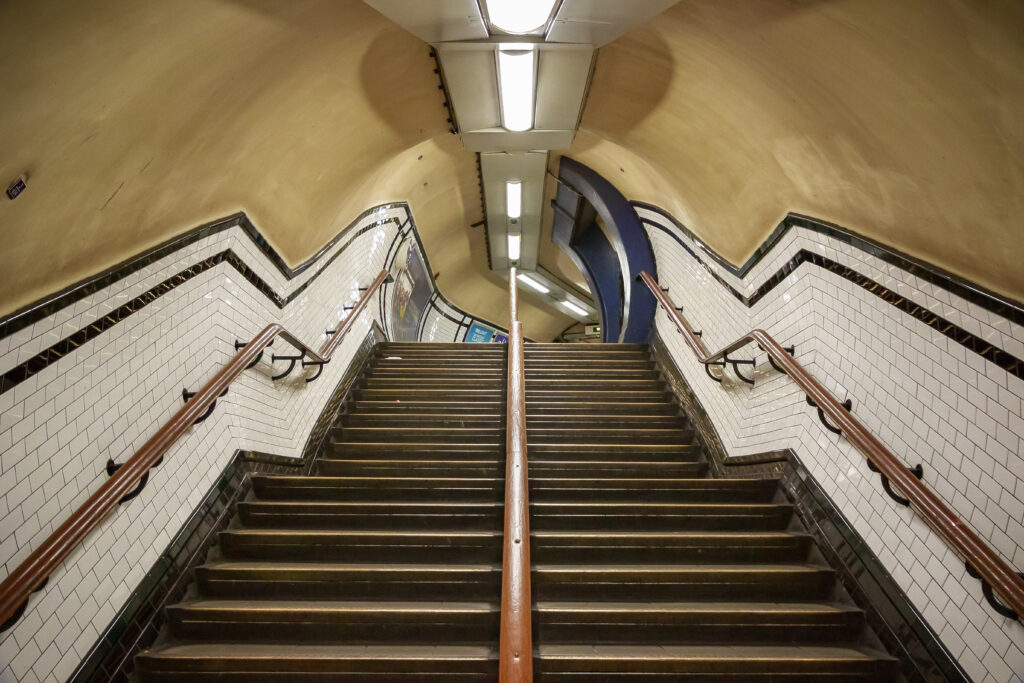
The CCRC has referred 13 convictions to the Court of Appeal that resulted from defendants being wrongfully prosecuted following investigations by the discredited police officer DS Derek Ridgewell in the 1970s.
DS Ridgewell
Derek Ridgewell was an officer in the British Transport Police (BTP) who in 1972 was given responsibility for a new “anti-mugging squad” to target thefts and robberies in London.
However, DS Ridgewell was involved in a series of arrests and court cases in which it was later discovered he had framed innocent people. Usually dressed in plain clothes, DS Ridgewell tended to confront young, most often black, men and falsely accuse them of theft and robbery offences.
DS Ridgewell was himself eventually arrested and convicted of conspiracy to steal goods in transit. He was jailed for seven years in 1980 after stealing over £1 million in goods. When later asked by the Governor of HM Prison Ford why he had taken to criminality, he replied “I just went bent”. He died in prison in 1982.
In 2013, the CCRC began reviewing a series of wrongful convictions that resulted from DS Ridgewell’s misconduct. 13 cases have so far been referred to the Court of Appeal. All of them have been overturned.
Stephen Simmons
The first conviction that the CCRC was asked to review was that of Stephen Simmons.
In June 1975, three young men including Mr Simmons were in a car in Clapham when they were approached by DS Ridgewell and two other officers who questioned them about stolen mailbags.
They were then arrested and prosecuted by BTP for theft in transit, namely stealing mailbags from a train at Clapham Goods Yard in South London. At the Inner London Crown Court in April 1976, Mr Simmons and his co-defendants pleaded not guilty but were convicted.
Mr Simmons was 20 years old and was sent to Borstal, a youth detention centre. The Judge also made an order for the confiscation of Mr Simmons’ car. Mr Simmons was advised that he should not appeal against his conviction.
In 2013, Mr Simmons called a legal phone-in on LBC Radio to ask for advice about what he could do in light of the fact he felt he and his co-defendants had been wrongfully convicted in the 1970s.
As a result, Mr Simmons searched the internet for mention of the police officer who led the case against him. He learned that two years after his own conviction, DS Ridgewell had himself been jailed for a similar “theft in transit” offence.

In August 2013, Mr Simmons applied to the CCRC which carried out a detailed investigation into the circumstances of the conviction.
During its review, the CCRC analysed new evidence relating to:
- The circumstances surrounding the exclusion of a confession obtained by DS Ridgwell in a separate “goods in transit” case
- Acquittals and judicial observations about unreliable police evidence and fabricated confessions in other cases where DS Ridgewell had been the lead officer
- DS Ridgewell’s own conviction for conspiracy to steal goods in transit
Following its review, the CCRC concluded that this new evidence gave rise to a real possibility the Court of Appeal would overturn Mr Simmons’ conviction, and it referred the case in August 2017.
In January 2018, the Court of Appeal quashed the conviction. Outside the Court, Mr Simmons was met by another victim of DS Ridgewell’s corrupt practices, Winston Trew, who had been contacted by the CCRC during its investigation into Mr Simmons’ case. Mr Trew told the media that the judgment “opens the door for me to present my case”.
The Oval Four
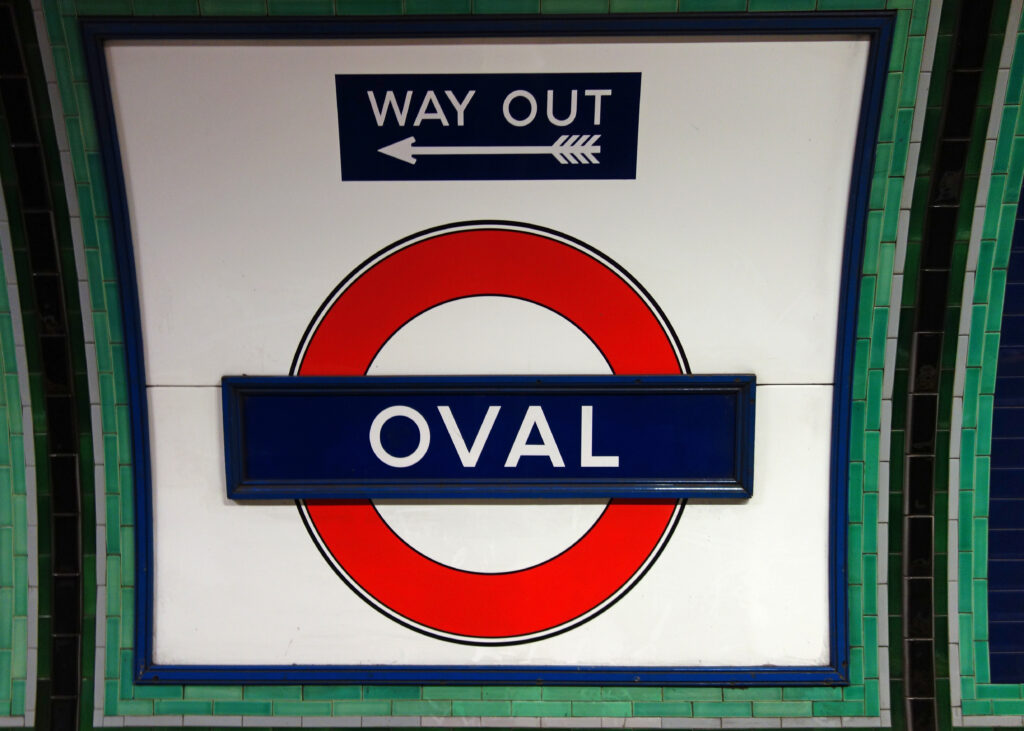
Mr Trew was one of the “Oval Four” – four black men arrested by police at Oval Station on the London Underground on 16 March 1972 and accused of stealing passengers’ handbags.
Mr Trew and his co-defendants, Stirling Christie, George Griffiths and Constantine “Omar” Boucher, were all aged between 19 and 23 when arrested. They were of Jamaican origin and had moved to the UK as children.
They were arrested by a special patrol set up to target thefts on the Northern Line led by DS Ridgewell.
The Oval Four initially believed they were being mugged as the officers were in plain clothes and did not at first identify themselves as police. They were held overnight and later alleged that they were beaten and forced to sign confessions.
At trial, the only witnesses for the prosecution were the arresting officers. At the Old Bailey on 8 November 1972, all four men were convicted of assaulting a police officer and attempted theft. Mr Christie was also convicted of the theft of a police officer’s handbag.
All four men appealed. Their appeals against conviction failed but the appeals against sentence succeeded and their prison sentences were reduced from two years to eight months.
After his release, Mr Trew made a complaint to the police and continued to protest his innocence. He wrote about his experience in a book, Black for a Cause…Not Just Because…, which he published in 2010. In 2013, Mr Trew took legal advice about the possibility of contesting his conviction but took no further action.
Image courtesy of Winston Trew
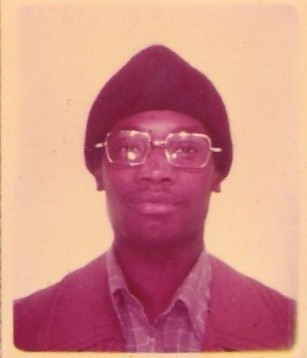
The CCRC contacted Mr Trew during the course of its investigation into the case of Mr Simmons and later traced and contacted all other members of the Oval Four.
After thorough reviews of the convictions, the CCRC referred them to the Court of Appeal on the basis of evidence concerning DS Ridgewell’s integrity and theft conviction, the successful appeal of Mr Simmons, and the significance of acquittals in three other London Underground cases investigated by DS Ridgewell.
All four sets of convictions were subsequently overturned by the Court of Appeal.
You can read Winston Trew’s own account of his arrest, conviction and appeals here.
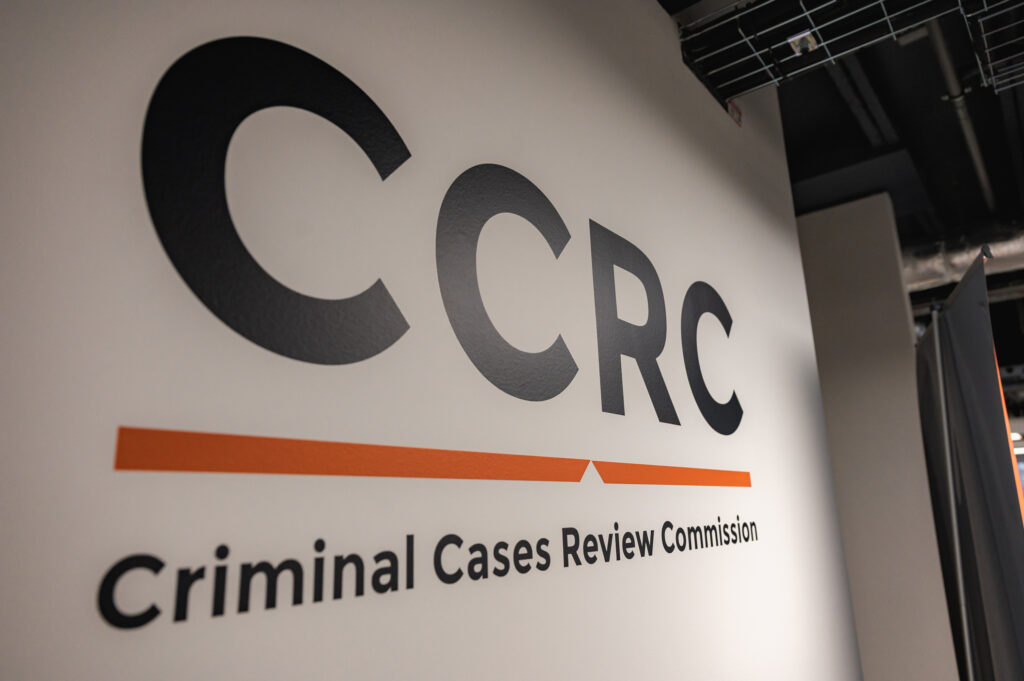
The Stockwell Six
Following these successful appeals, the CCRC investigated the similar circumstances of another group of young black men referred to as the Stockwell Six, arrested by DS Ridgewell’s squad after boarding a train at Stockwell Underground station on 18 February 1972.
The Stockwell Six – Ronald De Souza, Paul green, Courtney Harriot, Cleveland Davdison, Texo Johnson and Everet Mullins – were all put on trial for attempted robbery. All but Mr Mullins were found guilty and received prison sentences. Their appeals against conviction were refused.
All five of those found guilty had their cases referred by the CCRC and their convictions were later quashed by the Court of Appeal on the basis of new information rendering the evidence of DS Ridgewell and his colleagues unreliable.
The Crown Prosecution Service (CPS) conceded that the convictions were unsafe, stating:
The last member of the Stockwell Six to apply for a review, Mr De Souza, was traced as a result of a public call from the CCRC for him to come forward, and his application was received in December 2024. In January 2025, the CCRC referred his case back to the Court of Appeal and it was quashed in July 2025.
Basil Peterkin, Saliah Mehmet and Errol Campbell
Errol Campbell, Saliah Mehmet and Basil Peterkin were three of 12 people who stood trial the Central Criminal Court in April 1977. All but one were employed by British Rail at the Bricklayers Arms’ Goods Depot in South London.
After losses were incurred at the depot, the defendants were accused of stealing by re-labelling parcels to direct them to alternative addresses and then stealing the goods that were inside.
The defendants all claimed that the items found in their possession had been planted, and that any admissions said to have been made by them had been fabricated by the police.
Mr Mehmet was convicted of conspiracy to steal, handing stolen goods, and two counts of theft. Mr Peterkin was convicted of conspiracy to steal. Mr Campbell was convicted of theft and conspiracy to steal. In total, eight people who stood trial were found guilty.
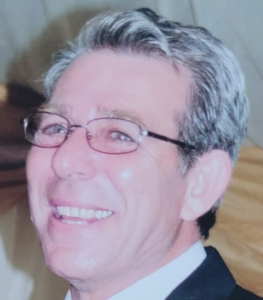
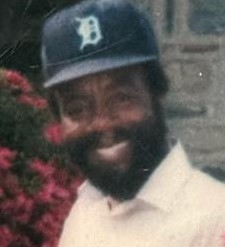
Messrs Mehmet, Peterkin and Campbell protested their innocence for the rest of their lives. Mr Peterkin died in August 1991, Mr Campbell died in October 2004, and Mr Mehmet died in August 2021.
As part of their investigations into DS Ridgewell, the CCRC used its investigative powers to track down the families of the convicted men to let them know of their right to appeal. This included:
- Scouring ancestry and property websites
- Reviewing physical records from the National Archives
- Considering coroner’s reports
- Contacting lawyers from the original case
- Seeking information requests to local authorities in order to contact family members

During its reviews, the CCRC considered evidence including that DS Ridgewell and his colleagues, DC Douglas Ellis and DC Alan Keeling, had pleaded guilty to stealing from the same depot that the defendants had been accused of stealing from. The three officers were said to have joined forces with a group of men to steal £364,000 worth of property from the depot.
The CCRC referred all three sets of convictions to the Court of Appeal. Mr Mehmet and Mr Peterkin’s convictions were overturned by the Court in January 2024. Mr Campbell’s was referred in February 2025 and was quashed in July 2025.
During Mr Mehmet and Mr Peterkin’s posthumous appeals, the Court of Appeal head that DS Ridgewell was “dishonest, corrupt, and racist”.
In November 2021, the British Transport Police apologised to the black community in the United Kingdom “for the trauma suffered by the British African community through the criminal actions” of DS Ridgewell, adding that “In particular, it is of regret that we did not act sooner to end his criminalisation of British Africans, which led to the conviction of innocent people”.
You can find a list of all the CCRC’s references relating to DS Ridgewell on our Case Library.
Anyone else who believes they might be a victim of a miscarriage of justice, convicted in a case involving Derek Ridgewell, is urged to contact the CCRC. If our review finds that there is a “real possibility” the appeal court will quash the conviction, the CCRC can refer it.
